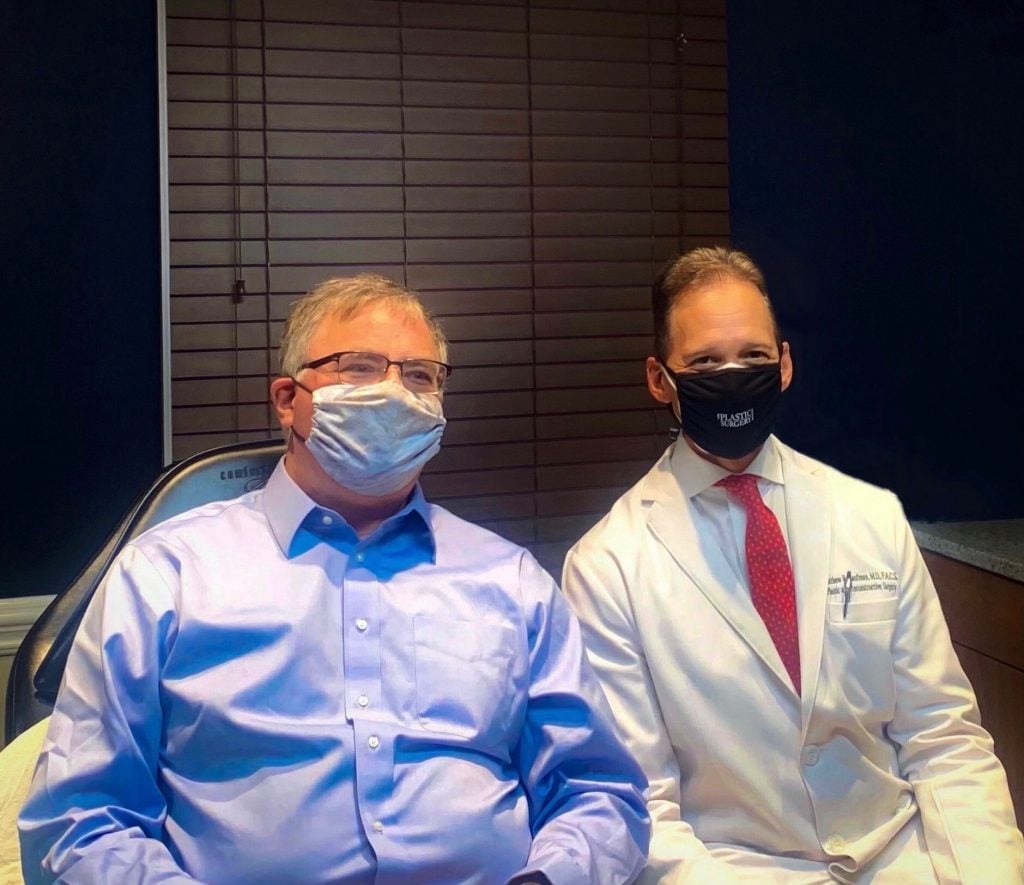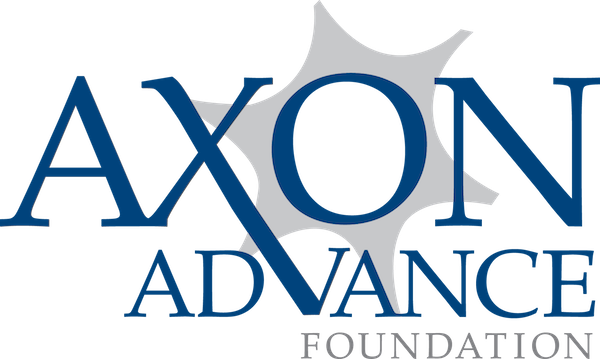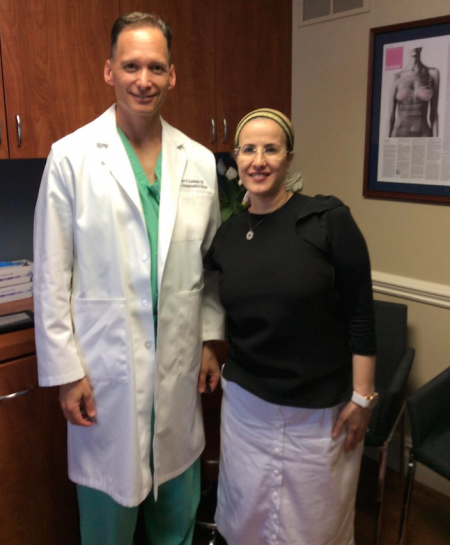Hope for Phrenic Nerve Injuries
The NJ Plastic Surgeons at the Institute of Advanced Reconstruction in NJ are offering hope to patients suffering from phrenic nerve injuries. Until recently, treatment for injuries to the phrenic nerve has been limited to nonsurgical therapy or diaphragm plication. Neither treatment can restore normal function to the paralyzed diaphragm.
Phrenic nerve injuries can occur from surgery in the neck and chest, such as coronary bypass surgery (CABG), neck dissection for head and neck cancer, surgery of the lungs, heart valve surgery, surgery of the aorta, thymus gland surgery, carotid-subclavian bypass surgery, and surgery for thoracic outlet syndrome. These injuries can cause diaphragm paralysis, resulting in the chronic shortness of breath, sleep disturbances, and lower energy levels.
The physicians at the Institute of Advanced Reconstruction have pioneered world-class treatment for phrenic nerve injury in order to reverse diaphragm paralysis.
Phrenic Nerve Injuries
Nerve decompression and nerve transplants are very successful in the treatment of arm or leg paralysis and can restore function to a previously paralyzed muscle or group of muscles. At the Institute for Advanced Reconstruction in Shrewsbury, New Jersey, they have performed close to twenty phrenic nerve decompression surgeries and close to 20 phrenic nerve transplants for the treatment of phrenic nerve injuries and have been successful at reversing diaphragm paralysis in the vast majority of those treated.
The institute has been so successful at successfully treating phrenic nerve injuries they now receive requests for treatment both nationally and internationally and routinely have patients visiting from far away locations. Correspondence with patients following their phrenic nerve surgery has indicated just how grateful they are to have their life back.
Patients with phrenic nerve injuries are encouraged to call and speak to a staff member or physician at the Institute of Advanced Reconstruction in NJ to discuss the circumstances of their injury and determine if they may be a candidate.
To contact the Institute of Advanced Reconstruction, please call 1-866-263-9123.





